Ride Lonesome (1959) Watch Online
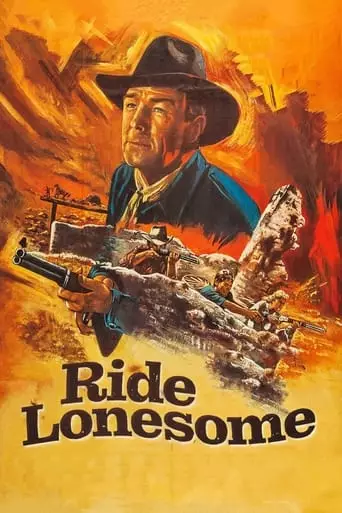
Ride Lonesome (1959) Watch Online
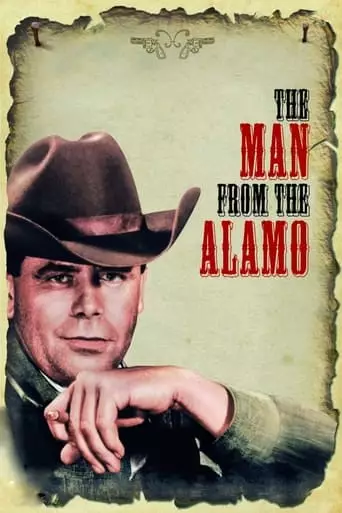
The Man from the Alamo (1953) Watch Online
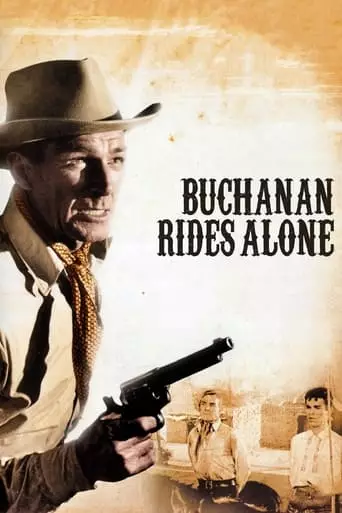
Buchanan Rides Alone (1958) Watch Online
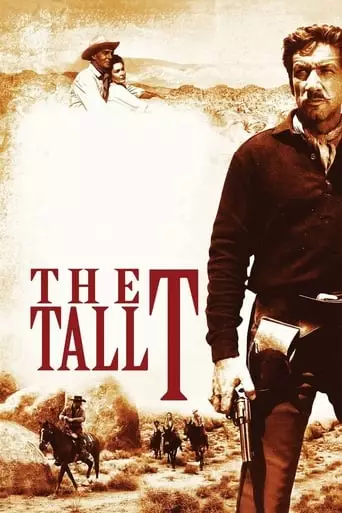
The Tall T (1957) Watch Online
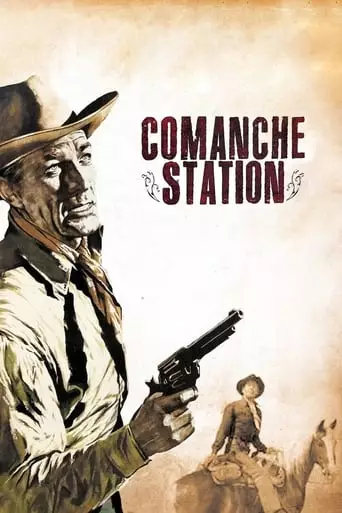
Comanche Station (1960) Watch Online
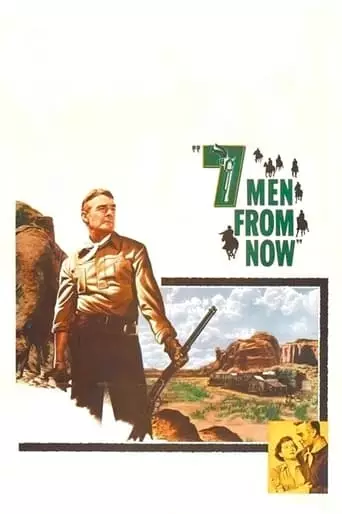
7 Men from Now (1956) Watch Online
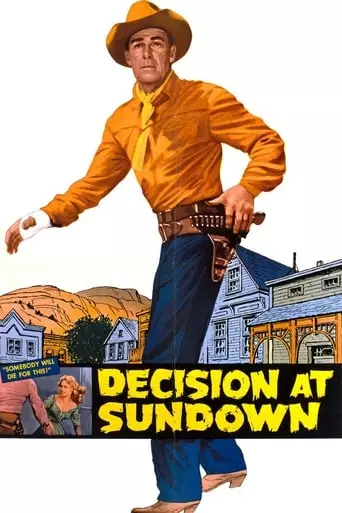
Decision at Sundown (1957) Watch Online